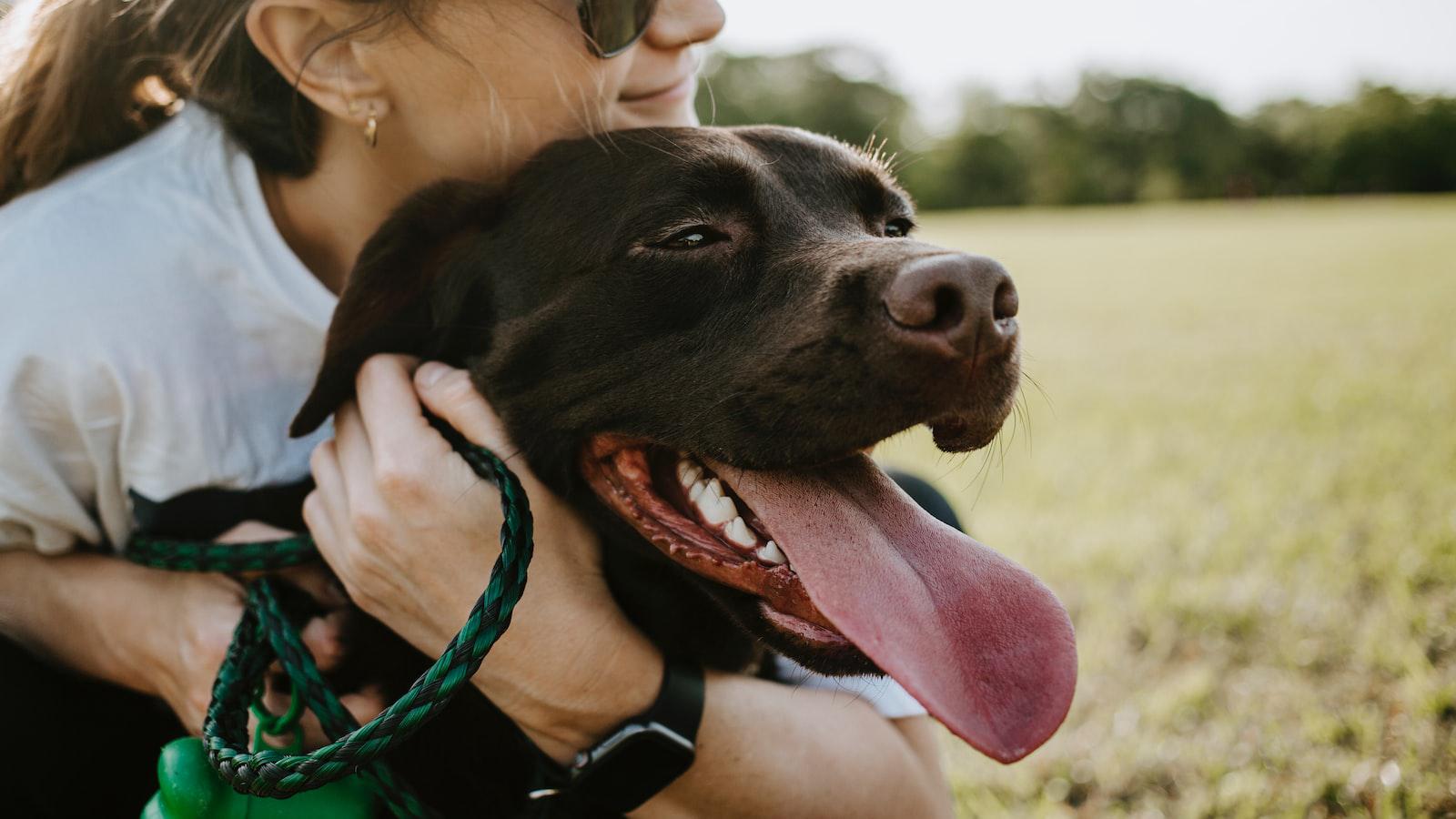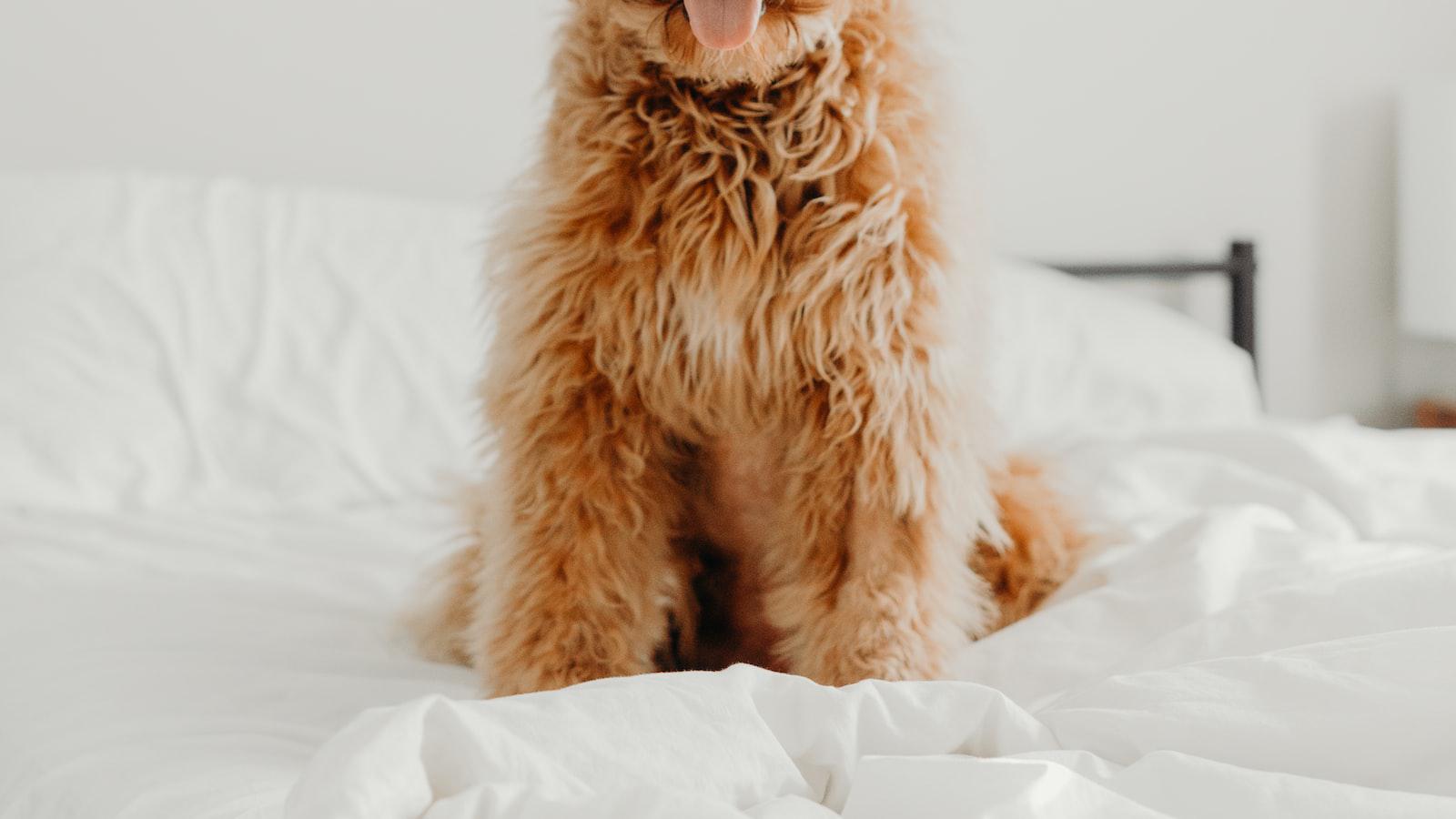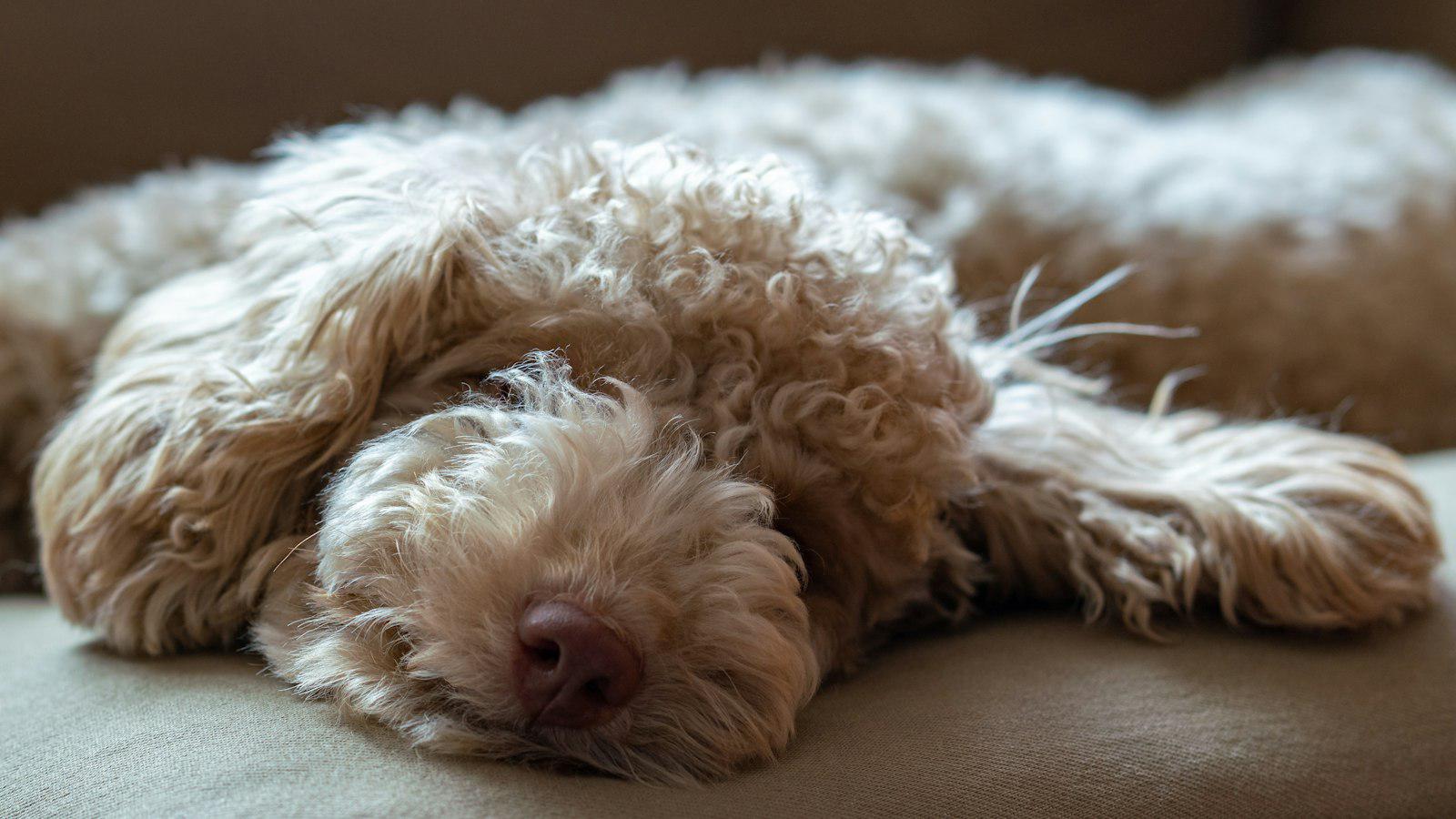It’s not just poop that dogs love to roll around in.
Too often many of us find our pups rolling around in a rotting carcass resulting in the question: Why do dogs roll around in dead things?
What drives them to indulge in such revolting activities?
Read on to find out more about this fascinating yet repulsive behavior
The Intriguing Instincts Behind This Peculiar Behavior
Now, this might sound a bit peculiar, but have you ever wondered why our lovable canine companions have such a bizarre fascination with rolling in dead things? It’s like they have a radar for the most putrid, foul-smelling objects they can find. Well, here are some surprising reasons for why our dogs just can’t stop themselves rolling around in dead things:
- The Ancient Ancestral Instincts: It turns out that our modern-day dogs can’t help but tap into their wild instincts, inherited from their canine ancestors.
These ancestors were not domesticated animals – they were hunters, scavengers, and explorers.
Rolling in dead things is believed to be a way for dogs to mask their own scent, mimicking their wild ancestors’ behavior to avoid predators or confuse potential prey.
It’s like they’re going incognito, with that pungent aroma acting as a disguise.
- Communication: Believe it or not, this odd behavior can actually be a form of communication.
When a dog comes across a particularly pungent scent, they might feel compelled to roll in it to bring that smell back to their pack or family.
It’s like a way of saying, “Hey everyone, check out this amazing find I discovered!” In the wild, this behavior could help their pack locate a potential food source or even mark territory.
- Marking Their Territory: While dogs may not understand the concept of property ownership quite like we do, they still have a strong desire to assert their place in the world.
Rolling in a carcass or a pile of rubbish can be seen as a way for them to mark their territory.
Substances like decaying matter or animal droppings carry strong smells that communicate a variety of messages to other animals in the vicinity – “this place is mine,” “I was here,” or even “stay away!” It’s a canine version of leaving behind their scent, a sort of territorial calling card in the animal kingdom.
- Seeking Thrills and Stimulation: Let’s face it, dogs have different standards of what counts as entertainment.
For them, rolling around in something stinky might be the epitome of exhilaration. Dogs have an incredibly keen sense of smell, and as strange as it may sound to us, they genuinely enjoy investigating odors and immersing themselves in a cacophony of scents.
It could be that rolling in dead things simply offers an exciting sensory experience, an olfactory adventure that we can hardly fathom.
- Seeking Your Attention: Lastly, and this one might come as a surprise, but your beloved pooch may simply be trying to get your attention! Dogs are intelligent beings and they quickly learn what behaviors can grab our focus.
So, if you react strongly to their scent-rolling escapades, whether it’s with shrieks of horror or a good ol’ bath, they’ll associate it with attention from you.
And let’s be honest, even negative attention is better than being ignored.
So, sometimes, our furry friends roll in the stinkiest of situations just to get a rise out of us.
Understanding Canine Olfactory Sensitivity and Its Role in Rolling Obsession
Canine olfactory sensitivity is unmatched by any other mammal, including humans.
Dogs have up to 300 million scent receptors in their noses, compared to our mere 6 million.
This means that their sense of smell is about 1,000 times more powerful than ours.
To put it into perspective, what we can smell a teaspoon of sugar dissolved in two Olympic-sized swimming pools, a dog can distinguish a teaspoon of sugar dissolved in the water of not one, but twenty Olympic-sized swimming pools!
This extraordinary sense of smell also allows dogs to detect minuscule amounts of chemicals that create the distinct odor of decomposing animals.
To them, rolling in the scent of dead things is like reading a novel full of stories and information.
By doing so, they can gather crucial details about the animal, such as species, gender, age, and even health status.
It’s their way of marking their territory and communicating with other dogs in the area, saying, “I’ve been here, and I know what’s going on.”
Recommendations for Ensuring Your Dog’s Safety and Maintaining Pleasant Walks
While dogs have a natural curiosity that sometimes leads them to roll around in unsavory things like dead animals or feces, it’s crucial to understand why they engage in such behavior and how to prevent it.
1. Regularly clean up your dog’s outdoor area: One way to discourage your dog from rolling around in dead things is by keeping their environment clean.
Regularly clean up your dog’s outdoor area, removing any discarded food, animal carcasses, or other unpleasant items that may trigger their instinct to investigate or roll on them.
Additionally, ensure your dog’s living space is clean and well-maintained, minimizing any undesirable smells that might attract their attention .
2. Practice the “Leave it” command: Teaching your dog the ”Leave it” command is invaluable when it comes to preventing them from rolling around in dead things during walks.
Start by introducing the command during training sessions, using positive reinforcement and treats to reward their compliance.
Gradually, incorporate the command while out on walks, ensuring your dog understands that ”Leave it” means they should avoid interacting with or rolling on any undesirable substances they might encounter .
3. Utilize deterrent sprays or unpleasant scents: In certain cases, using deterrent sprays or unpleasant scents can help dissuade your dog from rolling in dead things.
Consult with your veterinarian for safe and suitable products specifically designed to discourage dogs from engaging in such behavior.
Applying these sprays to potential targets or using them as a general deterrent during walks can help prevent your dog from indulging their curious instincts .
FAQ
Q: So, why on earth do dogs feel the need to roll around in the scent of decaying animals or other unpleasant substances?
A: Well, it turns out that this rather revolting behavior may have its roots in our furry friends’ evolutionary history.
Dogs are descendants of wolves, and their wild ancestors used to roll in foul-smelling things for a couple of reasons .
Q: Really? Can you explain why they did that?
A: Of course! It seems that wolves would often roll in dead animals or waste to camouflage their own smell.
By masking their natural odor with something offensive, they could potentially become less detectable to prey, while also confusing bigger predators who might be hunting them .
Q: That’s fascinating, but why would domesticated dogs still have this instinct if they’re not hunting for their own food?
A: Excellent question! Even though our modern pups have traded the wild for the comforts of home, their instincts remain deeply ingrained.
Rolling in pungent scents is deeply satisfying to them, triggering a primal instinct that has been passed down through generations.
It’s like a small reminder of their feral heritage .
Q: Are there any other reasons why dogs continue their smelly ritual?
A: Absolutely! Apart from the scent-masking theory, some experts think that dogs roll in disgusting things simply because they enjoy it.
In their world, these gross smells are like a bizarre and intriguing form of perfume.
Dogs revel in the sensations they experience, finding pure joy in getting down and dirty .
Q: Is there anything we can do to discourage this behavior?
A: Well, curbing your pooch’s foul-funk fetish can be quite challenging. It’s essential to keep a close eye on your furry friend, especially during walks or trips to the park.
If you see them making a beeline for a rotting carcass or a pile of feces, quickly distract them with a firm “no” and guide them away.
Regular baths and good grooming can also keep your pup smelling fresh and discourage them from seeking alternative fragrances .
Q: Is rolling in unpleasant odors harmful to dogs?
A: While it might make us cringe, rolling in these repugnant substances rarely poses a direct health risk to dogs.
However, some species of dead animals or certain waste products might contain bacteria that can lead to infections or upset stomachs if ingested.
So, it’s always a good idea to keep an eye out for any signs of illness in your dog after their little aroma adventure .
Conclusion
From their wild ancestry to their heightened sense of smell, dogs have an inexplicable attraction to the pungent odors that emanate from decaying objects.
Their ancestral survival instincts may play a crucial role, guiding them to disguise their own scent and blend in with their surroundings.
Fascinating, isn’t it?
While we may sometimes wrinkle our noses at their questionable dates with decomposing matter, we now understand that it’s simply a part of their canine nature.
Dogs find comfort, pleasure, and even a potential shield from predators in the scents that can make us humans cringe.
It’s something we might never fully grasp, but nevertheless, it brings them immense joy .
So, the next time we witness our four-legged companions rolling about with undeniable delight in the remnants of some long-forgotten creature, let’s try to embrace their peculiar pleasures.
After all, life with dogs is full of surprises and quirky behaviors, and it’s what makes our bond with them so unique.










